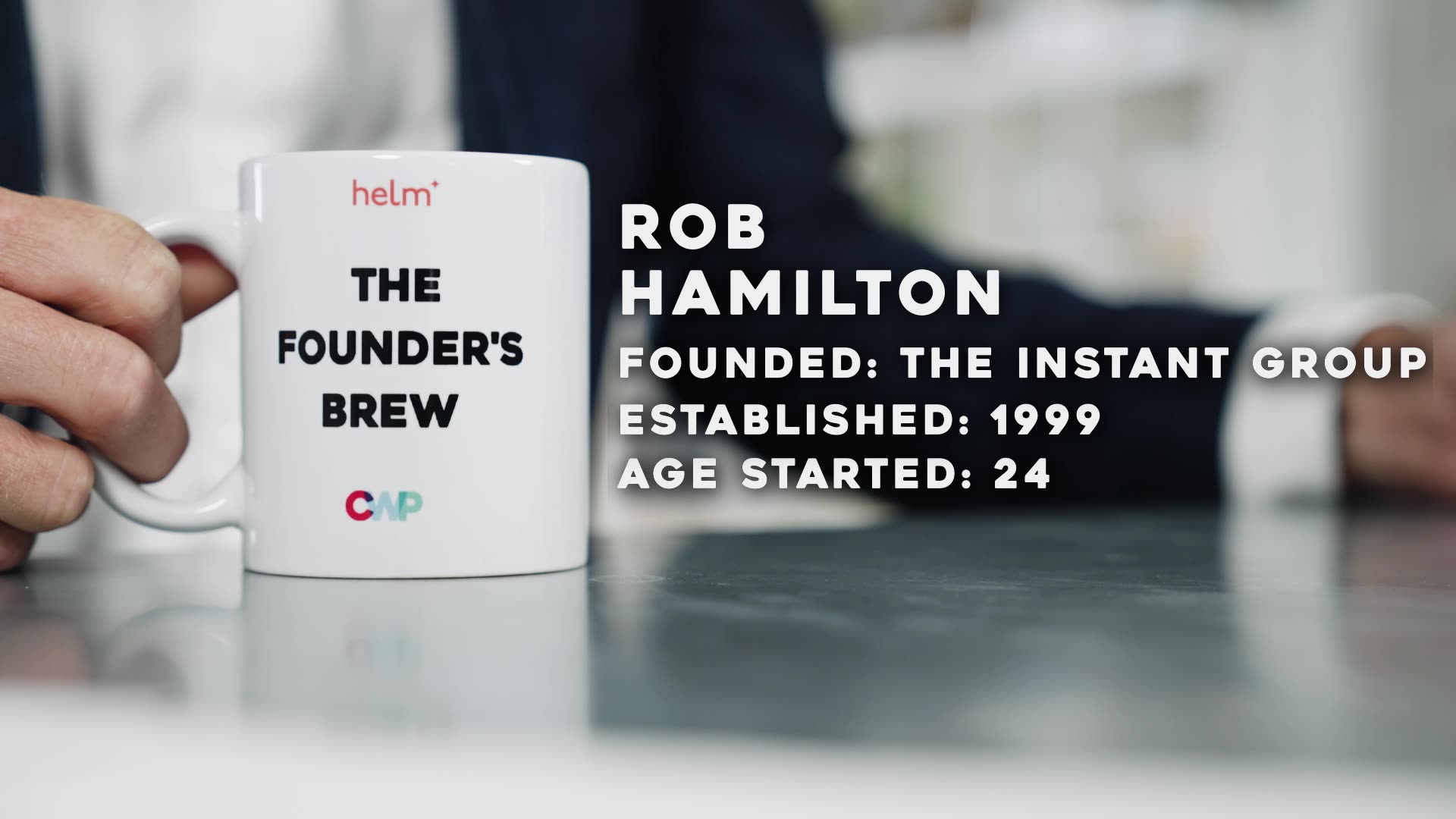A non-executive director – also known as a non-exec, NED, outside director, or external director, can be a game-changer for a growing business.
A non exec is basically an advisor from outside the management team, who is brought onto the board in order to bring a fresh perspective, challenge ideas, and – sometimes – bring insight gained from working in other industries.
The role of the NED is wide-ranging, and depends on the specific needs of the business. Non-execs often mentor the CEO or other members of senior management. They provide consultancy or crisis management during times of intense change or growth. They focus on the strategic wins for the business; they don’t get bogged down in day-to-day operations. A non-exec is often described as the ‘critical friend’: a confidential sounding board and ally who throws in a few home truths for good measure.
Make sure you know exactly what you need from your NED before you embark on the recruitment process. Do you need help raising funding? Are you preparing for a trade sale? Are you expanding overseas? The NED you choose should have significant experience in those areas.
How to find a great NED
Cast the net wide
There are many non-exec platforms out there, promising to match entrepreneurs with a great CEO. Some of these platforms charge fees. Our members say that the best NEDs are found through word of mouth recommendations from peers and partners.
Often, investors will have access to a great pool of NEDs so don’t be afraid to ask your venture capital partner or private equity specialist for some introductions.
Create diversity on the management team
The best boards are home to a diverse range of skills, perspectives and backgrounds. When looking for an NED, assess your existing team to work out what’s missing – this is especially true for companies serving a diverse customer base.
How will you know what those customers are thinking if you don’t have any representatives for that group at the top of your company? If the board is all male, a woman might add unexpected value. If only one race is represented, look to balance this with an NED.
Do you have an advisory board?
Consider assembling an advisory board to help you track down a brilliant non-exec. Advisory boards usually meet just twice a year for two hours at a time. These advisors are usually unpaid but founders tend to offer perks like a fancy breakfast or wine tasting. Increasingly, however, these meetings are taking place via videoconferencing technology, and members say that sending a hamper/box of treats is a nice gesture.
Create a structured process
When it comes to taking on an NED, the process should be as rigorous as any senior hire. You should write a job spec, shortlist three or four candidates, and meet them face-to-face. If applicable, ask for a presentation, and make sure you check their references. Don’t just look for skillsets alone – make sure you like the person and can envisage having difficult conversations with them.
Test the strongest candidates
Don’t forget: you can try before you buy. Bring on your new NED for a three-month trial at first. Use this time to get a feel for personal compatibility and impact. Are they committed to the growth of your business? How much value have they added? Make sure they pass this “taste test” before offering equity or giving them a chance to invest in your company.
You may need more than one
A smaller company should have at least one NED, whereas larger firms can have up to six. Don’t be afraid to appoint two or more NEDs – all in different capacities – and scale up or down as the needs of the business change. If taking on an industry veteran, make sure their knowledge is up to date. This is especially true in fast-moving sectors such as technology and health.
What to expect from your non-exec
How much time do you need?
Every business is different and non-exec relationships vary – some CEOs just need a day a month, others rely on weekly calls with extra catch-ups when issues arise. Work out what you need and make sure this discussion happens early on so there are no surprises down the line.
Serial NED or first-timer?
Does your first choice NED have too many commitments or not enough? Ideally, you want an NED who is involved with a couple of other companies in a similar capacity and knows the ropes. If they have too many businesses on their books, they may not be able to devote the time and energy you need for yours. If you are their first and only client, you may be missing out on the breadth of experience and advice that a seasoned NED could offer.
A business veteran
Your NED should be your go-to when issues arise. This means that this individual should have an in-depth understanding of thorny topics such as compliance and governance. If you find yourself embroiled in client disputes, employee tribunals, shareholder disagreements or difficult negotiations, you want your non-exec to say, “When this happened to me, I did X or Y”.
Avoid the egomaniacs
NEDs are there to influence, not control. They should absolutely challenge you on your strategy, business plan and goals but there must be an understanding that you are still the CEO and this is your business and your money.
A great little black book
A good NED should be able to advise on the right types of funding for your business and be able to introduce you to plenty of backers, if required. They should also be able to advise on senior hires, perhaps even connecting you to people that will accelerate the growth of your business.
How to structure the deal with your NED
Limit the contract to one year
Members recommend rolling one-year contracts that are reviewed annually. This helps to incentivise the NED to keep bringing their A-game year after year, and covers you if the business outgrows the NED. Make sure you include a clause in the contract that protects your intellectual property to prevent them taking your ideas somewhere else.
Work out the fees
A non-exec can earn anything from £18,000 a year (for a light-touch structure) all the way to £100,000 with big companies. For reference: NED fees average out at £43,200 in a FTSE SmallCap, up to £83,000 at the top end of the FTSE 100. A good rule of thumb is around £1,500 per day but remember to be clear on your expectations and what time commitment is required.
Share the equity?
Don’t give up equity too easily. At the very least, ask them to estimate the value they can bring to the business, be that in revenue, profit, talent, or investment terms, and on what timeline. Build this into a “growth shares agreement” – this kind of agreement only rewards the NED with equity once the company hits certain value thresholds.
Extra tips from Helm members
Do they have a real interest in your business?
Make sure the NED you choose is genuinely excited by your business and understands its potential – beware of those purely focused on the fee or equity share. It can help to know a little bit about the financial position of your NED – are they taking the job because they need to or because they want to?
Don’t let an NED overstay their welcome
The average time an NED spends with a business is five years. Typically, the needs of the business will change after that time and a new perspective will be required. Be honest and transparent about what you expect from your NED/s as your business evolves.
Choose an entrepreneur over a consultant
Avoid NEDs who have only ever been professional advisers. If they have never actually run a business they are unlikely to understand the challenges you face.
Short-term gig
If you’re making big changes to strategy or need help dealing with a crisis, don’t be afraid to take on an NED for a short time – even just six months. A good NED can add a lot of value in a very short space of time.
It’s a small world
If your NED recruitment doesn’t work out, remember that you may run into this person again in a very different context. Treat your NED like any key hire: acknowledge why the relationship failed, be considerate, and then plan succession. It’s always better to part as friends as you never know what the future holds.
Join Helm today for access to exclusive founders' events and support.












